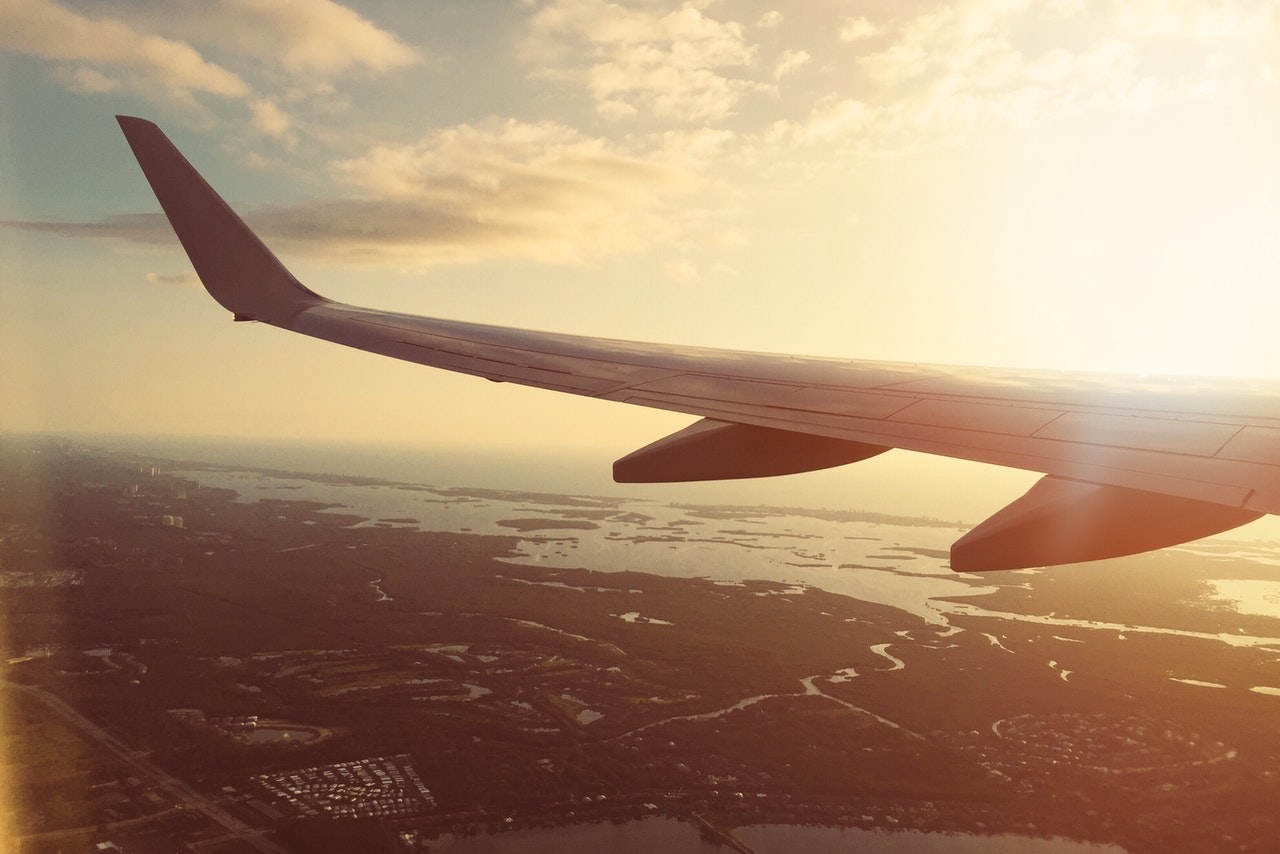Should oil reserves be depleted the end of cheap air travel would be imminent.
Under current estimates of the remaining oil reserves we have approximately 52 years remaining before the world’s supplies of oil run out. However we may have significantly more if economically unfeasible deposits are drilled using either fracking or by some future method of oil extraction.
However the figure of 52 years is contingent upon there not being an explosion in consumption among consumers from the fast growing economies in Asia and Africa. In reality, access to Western lifestyles and a boom in affluence means that billions of people are consuming at Western rates, meaning that that figure of 52 years may have to be revised downwards as more of the middle class increase their rates of consumption in the developing world.
In addition to the pressure on oil reserves there is the fact that burning the world’s reserves of fossil fuels would be disastrous for attempting to mitigate the affects of climate change. Hence the likelihood is that while the world is going to need to continue to use oil for the foreseeable future in order to maintain a modern standard of living, as renewable technologies develop there will be pressure on oil companies to keep their reserves in the ground.
Limitations
Simply put, there are technological limitations around aircraft, and in particular large commercial aircraft used to shuttle hundreds of tourists and business travellers around the globe.
Hydrocarbons have enabled the release of incredible amounts of energy, which have in turn facilitated the era of cheap air travel for all, once the reserve of the elite and the minted.
While there are simple technological workarounds for cars – indeed incredible advantages in reductions as well as air pollution in addition to cheaper costs for motorists have driven the demand for electric cars – the solutions for airplanes are not so simple.
Biofuels are one possibility, however biofuels themselves have their own environmental issues. In particular it is questionable how sensible it is to take over enormous tracts of the earth where food is grown so that fuel can be used to provide people with holidays and business trips.
Alternatives
Cruise ships are powered by petroleum (often using heavy fuel oil) however there are technological options open to cruise ships. For a start nuclear power is one viable option, while there are a wave of solar and wind powered ships currently in development. There are also a range of ships being released which are powered through LNG, a relatively lower carbon form of energy.
However the alternatives for planes are much more complicated. While there is a plane known as solar impulse that is flying around the world there is nothing even in the pipeline that would suggest a solar powered commercial airliner is a realistic possibility.
A more likely development is high tech cruise ships powered by a mixture of nuclear and renewable energy sources as well as an improved high speed rail network taking the place that is occupied by cheap air travel.
In a time of resource scarcity it is also likely that governments would wish to preserve petroleum reserves for airplanes used in national defence or essential transportation as opposed to help budget airlines.
The future
However there are some possibilities worth considering. It is worth noting that these are currently prototypes and are a long way from commercial development.
Hydrogen powered planes are one possibility. Boeing developed an unmanned aerial vehicle powered by hydrogen fuel cells.
Another is electric planes. Wright Electric is building electric plane prototypes, however its plans are contingent upon major improvements in battery storage taking place in the next decade.
Baring in mind the technological hurdles that would have to be overcome, it would be more prudent for nations to invest in high speed rail networks and nuclear ships to power the tourist and business traveller markets. In addition, the end of cheap air travel may come sooner than expected.

Be the first to comment on "Is there a future for air travel?"